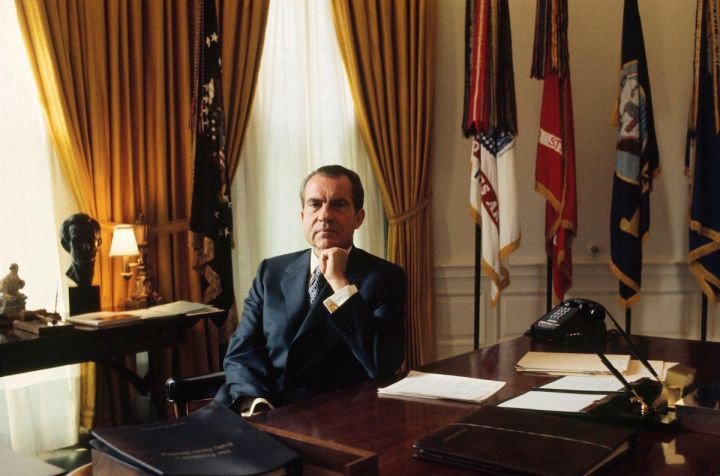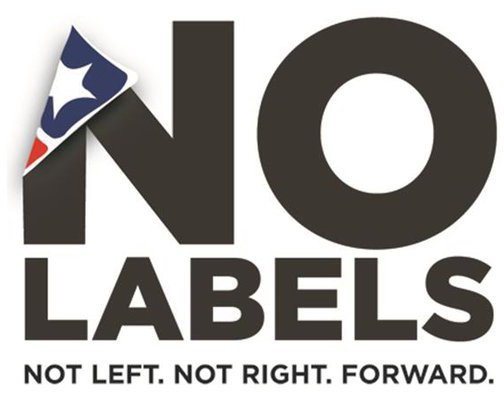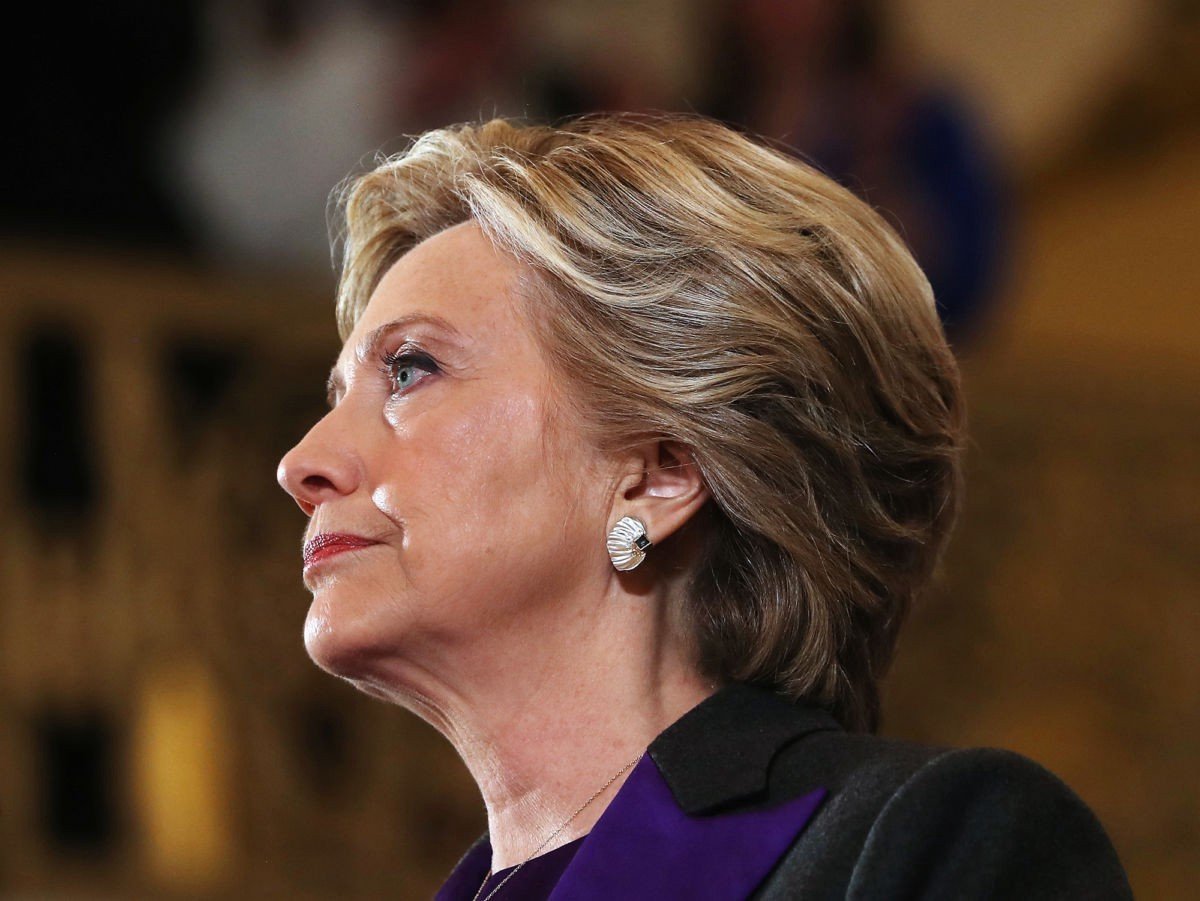News & views.
A collection of stories about data, public opinion and politics and news about our firm.

What went wrong with last year’s election surveys?
The American Association for Public Opinion Research (AAPOR) convened a task force to explore what went wrong with the state polls that missed the mark (national polls weren’t too far off).

What can President Trump Learn From Governor Brown?
The Sacramento Bee published the latest collaboration by David Beier and Andrew Sullivan May 28. In this article, the David and Andrew argue for several categories of Brown lessons for Trump, including vision and values, goal-setting, consistency, mastery of detail, management and delegation.

What can Nixon’s Path Tell us About the Next 18 Months for Trump?
Our partners, David V. Iannelli and Andrew Sullivan, ask if are we observing the most rapid unraveling of a presidency in modern U.S. history. They look to public opinion for the answer, since President Trump’s path to re-election — or removal from office — will follow his support from the public (or lack thereof).

Finding Goldilocks Solutions to Immigration Challenges
Despite generally partisan reactions to President Trump’s recent efforts to tighten our nation’s borders, Americans support nuanced immigration policy. They believe we should balance our humanitarian principles with efforts to ensure our security.

Behavioral Economics Explains What’s Going on with the Public
In these hyper-partisan times, understanding people’s behavior can help us communicate with them more effectively and ultimately make policies and business decisions that cut across party lines and benefit everyone.

Letter to the Editor: A Social Compact for Gig Economy Workers
In response to a New York Times editorial, Andrew and his frequent collaborator, David Beier, issue a call for redefining what it means to be a worker. The new definition must include a set of shared principles which address both worker and company concerns, spanning healthcare, education and training.

Are Consumers Willing to Pay the Price for Healthier Foods?
Amber and Murali, Strategy Director at Publicis, present the findings of research on people’s perceptions of healthier, less processed and animal-friendly foods. They find that consumers want and are willing to pay more for “better-for-you” foods, but people see improvements in the industry stemming from consumer demand rather than leadership on the part of food companies.

Choosing a Communications Analytics Tool
Figure out what you need to accomplish, who you need to deal with, what questions you need to address. The answers will flow from there, and you’ll find the research tools which suit your needs.

The Rebellious Teenager Inside Every American Voter
Our partner, David Iannelli, makes a counterintuitive argument about President Trump’s approval rating. Widely seen as dismal, the numbers contain a core of strength. This strength suggests that perhaps the constant protests — combined with a strong U.S. economy — might galvanize Trump support and lead to greater electoral turnout in years ahead.

Automation: Challenges and Opportunities
Alongside David Beier, a venture capital executive who also served as chief domestic policy advisor to Vice President Al Gore, our partner Andrew describes the pressing economic and social challenge posed by workplace automation and suggests several policy remedies. You can read the article on our blog.

The American Public Wants Bipartisanship and Balanced Policymaking, in Healthcare and Beyond. Seriously.
If you look past the partisan rancor and protests, Americans believe – in overwhelming numbers – that a bipartisan approach to policymaking will yield better results.

A New French Export: Thoughtful Perspective on Horse Race Polling
Last month Le Parisien decided to follow Gallup’s lead, focusing on in-depth reporting of the public mood and political candidates’ policy platforms. It’s big news because Le Parisien is famous for covering the horse race, and France has one of the highest rates of political opinion polling in the world.

No Labels Poll: Americans Demand Bipartisan Approach from Congress and Trump Administration
New research on the American public’s policy priorities for the new Congress and incoming Trump administration finds overwhelming support for bipartisan solutions in general and for healthcare in particular.

Killing trust in America
In an era of historically low trust in public institutions, grappling with this cynicism is among the most significant challenges any public leader – in business, government or otherwise – is facing today.

Re-thinking Election Forecasting Based on Horse Race Polls
In the aftermath of Trump’s win on Tuesday, it’s time for a serious re-think of election forecasting that relies too heavily on horse race polling.

Persuasion in Presidential Politics (and Business)
Psychology teaches us that we both embrace information that reinforces our own point of view (confirmation bias) and explain away information that undermines our identity or sense of self (self-affirmation theory). If you feel that your friend isn’t really absorbing your arguments on Facebook, you are right!

Building Government Trust
The business-government relationship is in a moment of high anxiety. And it’s not just the Brexit-to-Trump rise in protectionism; it’s the recent bout of corporate scandal, from Wells Fargo and its Cross-Selling Practices to Deutsche Bank and Mirror Trading, among other examples. This backdrop makes it difficult for business leaders to establish long-term, trustful relationships with government. But, the effort is important and now more so than ever before.

Why Intensity of Opinion is a Key Metric to Watch in the 2016 Homestretch
Intensity of opinion is even more important in public affairs campaigning than in the presidential election. Being able to identify your base of support and those who are persuadable on an issue is critical to the success of your effort.

Introducing Hudson Pacific: Data-Driven Public Affairs
We have formed this firm with a single goal in mind: to help our clients win. It may sound simple, but it’s a critical point, and something we consider a guiding principle: we succeed when our clients succeed.

How Do We Know? The Value of a Data-driven public Affairs Strategy
Without a foundation of data-driven insights to support our recommendations, we are only as good as our next brilliant idea. That’s not to minimize the importance of great ideas, but they are much more likely to achieve desired outcomes when built upon objective research.
